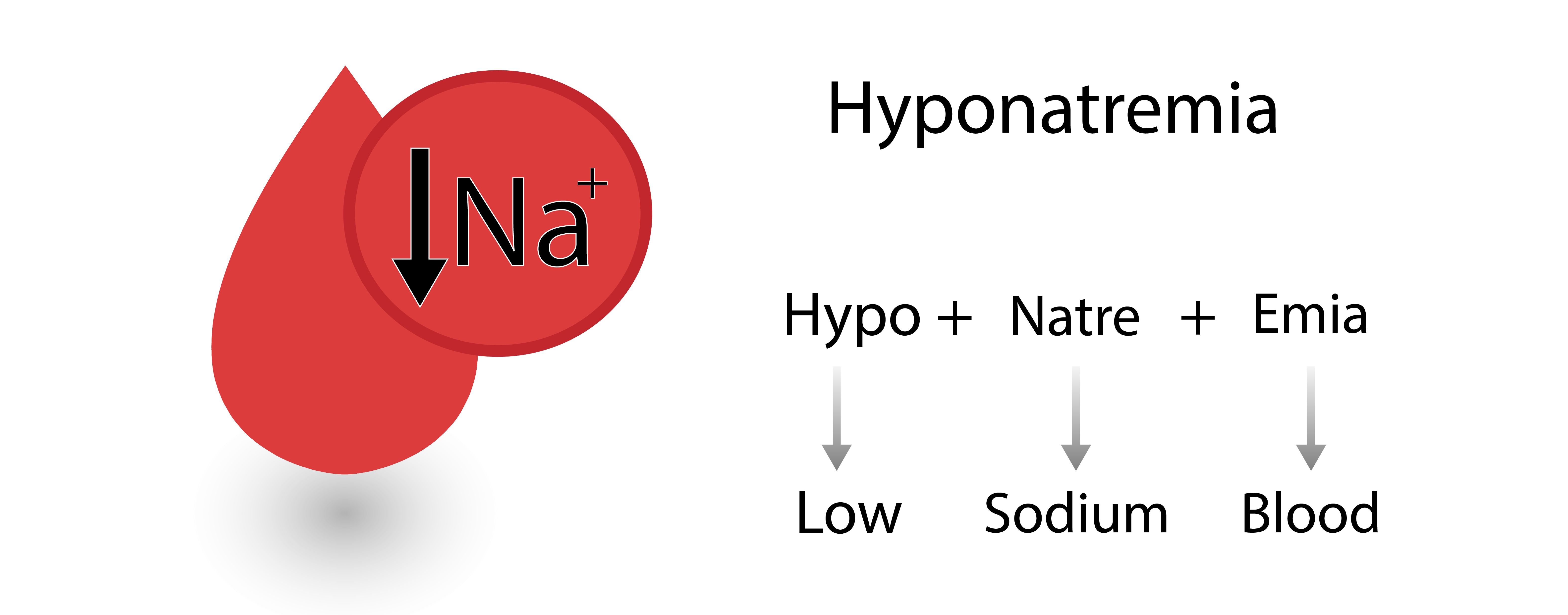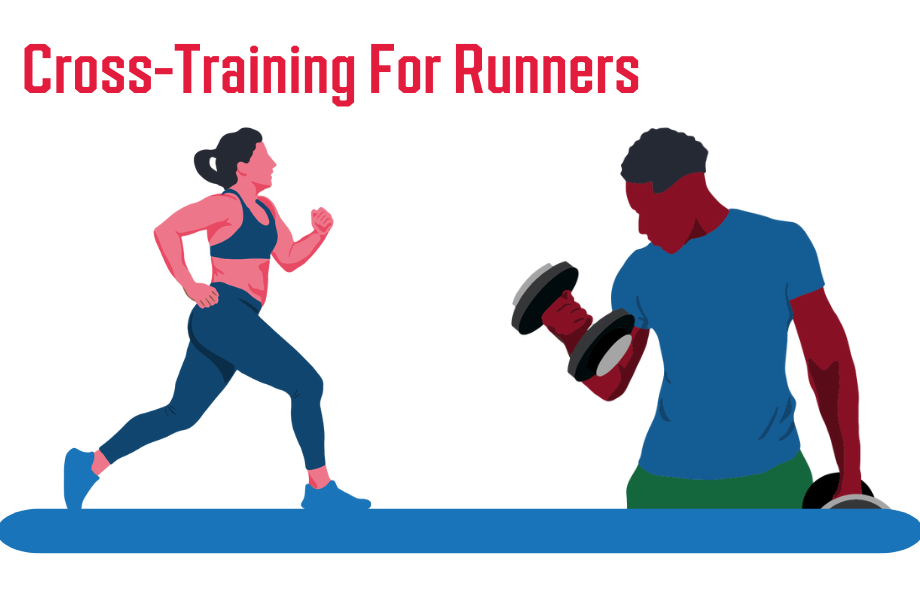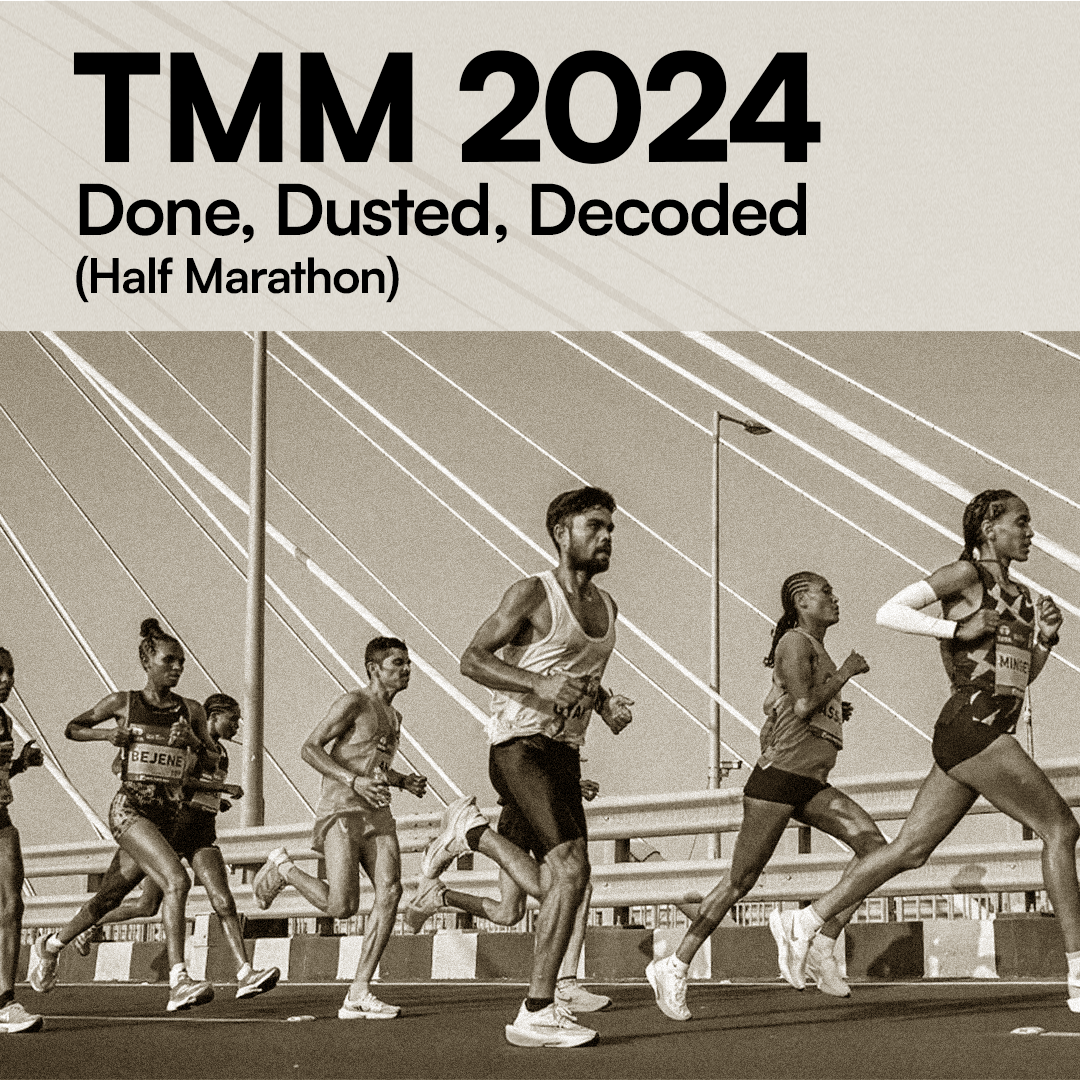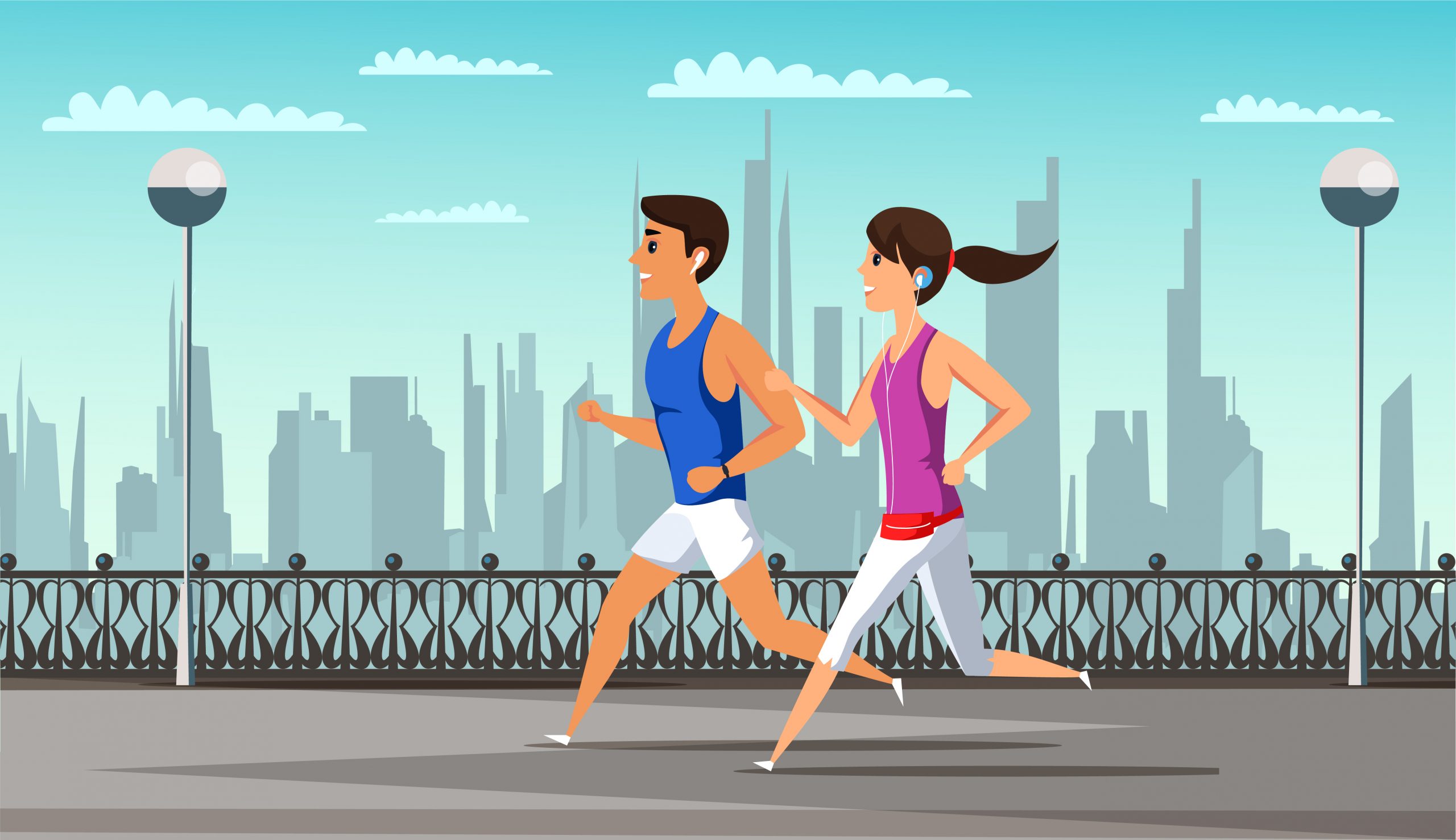
Mastering Water Intake For Your Next Race

Finally, the day of your race has arrived, and you’re all set to give your best performance. A few kilometres in, you begin to feel parched, your mouth drying up. Dizziness and fatigue follow suit. You grab your bottle and start gulping down water, hoping for relief, but instead, you start feeling heavy and uncomfortable. You can notice yourself beginning to slow down, and then you wonder what went wrong.
Race day readiness goes beyond just training and eating right. Strategising your hydration is key to peak performance on the course. That’s why drinking enough water is hammered into every athlete’s routine. How about we take some time to understand why this seemingly simple subject plays a crucial role in enhancing your race day performance?
But why must one drink enough water?
Before we get into it, let’s understand why drinking enough water is so important. For starters, water plays a vital role in carrying out several life functions, including transporting nutrients and oxygen to our cells, aiding digestion, regulating core body temperature, and maintaining the electrolyte balance of the body.
Throughout the day, we lose water in several ways, with sweating and urination being the most significant contributors. Running, like most forms of exercise, produces heat which causes one to sweat. Sweating is a crucial mechanism through which the body prevents overheating. It helps to keep the core temperature, which is the temperature of the internal organs usually ranging between 36.5-38.5 ℃, within safe limits. As the sweat evaporates off of your skin, the surface of the skin cools down.
Now when you sweat, you lose water and electrolytes, and when this happens, you need to replenish the lost reserves. When one does not drink enough fluids, what happens next is dreaded dehydration. Dehydration reduces the volume of blood, which can put a strain on the heart. The reduced blood volume forces the heart to beat faster in an attempt to pump more blood to different vital organs and muscles. As this happens, the blood pumped to the skin reduces, which causes the temperature of the skin to continue to increase, eventually leading to heatstroke or several other severe conditions.
Another factor to keep in mind is that when runners sweat, they don’t just lose water; they also lose electrolytes, that are minerals found in the body. Electrolytes include minerals such as sodium, calcium, and potassium. They play a key role in conducting nerve impulses, which are electrical signals used by neurons to communicate with each other, as well as in maintaining blood pH levels. Our blood is naturally slightly alkaline, and electrolytes help maintain this balance. Additionally, electrolytes are essential for the contraction and relaxation of muscles.Running low on electrolytes due to dehydration can lead to fatigue, headaches, nausea, changes in blood pressure, and muscle cramps, greatly impairing one’s running performance.
This goes to show how important this macronutrient is for the proper functioning of our body and also for maintaining and improving running performance.
How much water should you drink before the race?
Before you hit the course, it’s a good idea to drink about 5 ml of water per kilogram of your body weight. So, if you weigh 50 kg, that would be roughly 250 ml of water before you start your run. This helps ensure you’re well-hydrated, keeping fatigue to a minimum.
You can add an electrolyte tablet, consisting of 200-300 mg of sodium and 50-100 mg of potassium, to a 500 ml water bottle and start consuming it from the day before. This will help in topping up your fluid reserves. Consuming electrolytes before exercise delays the onset of fatigue.
How about the amount of water you should be drinking during the race?
During the race, remember to take small sips of water, approximately 100-150 ml, every 20-30 minutes to stay hydrated and perform at your best. While running, you may find yourself thinking about a plethora of factors, whether it’s your pace, the sensation of fatigue setting in, navigating through the course, or even the runners around you, which may cause you to forget about drinking water. However, keep an eye out for signs of dehydration.
If your mouth feels dry, you can rinse your mouth with the energy drink first, then you can continue with smaller sips.
If the weather is hot and humid and if your sweat rate is high, it is recommended to add electrolyte tablets or powder in the sipper bottle.
Does one need water after the run?
Once you’ve crossed the finish line, aim to consume approximately 500-700 ml of water immediately after the race along with one electrolyte tablet or a 250 ml ORS tetra pack to ensure rehydration. This helps replenish lost reserves. It also helps prevent soreness and can help keep inflammation at bay, allowing you to recover more quickly.
What if you miss a water station during the race?
Sometimes water stations can be crowded, or you might be preoccupied with other things, causing you to miss one. If you miss a station, don’t worry; keep an eye out for the next one. Learning about the course and the placement of water stations along the route beforehand can prevent situations such as these during the race.
If you start experiencing a dry mouth due to thirst, a quick hack is to pay attention to your breathing. If you’re breathing through your mouth, switch to breathing through your nose. Breathing through the mouth can lead to a dry mouth because it accelerates saliva evaporation and moisture loss.
It’s a good idea to carry your own water bottle during the race. This way, you can avoid the crowds, and you can also drink to thirst instead of relying on the placement of water stations.
Will following these guidelines ensure you remain optimally hydrated, or are there other factors to consider?
Keeping these guidelines in mind will ensure that you’re well hydrated while racing, but there are a few other factors that one needs to be mindful of. The first is climate. Different climates affect how much fluid and electrolytes our bodies need. For example, during summers, you’ll likely sweat more, requiring more fluids to regulate body temperature along with electrolytes to replenish your body’s reserves.
Interestingly, even in cold, dry climates, runners still need higher fluid intake. This is because the rate of breathing increases in colder conditions, leading to fluid loss through respiration. Also, there’s a good chance that your sweat rate increases as heat becomes trapped in warm clothing.
Altitude is another factor to consider . Dehydration occurs at a faster rate at higher altitudes due to increased breathing rates caused by lower oxygen availability.
Another crucial factor is your sweat rate, which varies from person to person. Some runners sweat profusely, losing not only water but also electrolytes like sodium and potassium. Monitoring your sweat rate and adjusting your hydration strategy accordingly can help ensure optimal hydration levels.

What happens if you drink too much water?
In an attempt to stay hydrated, some runners, especially those new to the game, consume large amounts of water. Drinking excessive amounts of water may result in frequent restroom stops on race day, and beyond that, it could also negatively affect one’s body.
One such adverse effect is a condition called hyponatremia, typically caused by excessive water consumption, which dilutes sodium levels in the blood to dangerously low levels. This electrolyte imbalance disrupts cellular function and can lead to muscle spasms or cramps, early onset of fatigue, and dizziness. Therefore, striking a balance, ensuring you’re not drinking too much or too little water, is crucial to mitigate potential health risks.
When you start to feel slightly thirsty, sip on small amounts of water. If you ignore your thirst, you might go without drinking water for a long time, which can make you even thirstier. This could lead to gulping down a lot of water, making you feel uncomfortable and leaving you hunting for the nearest restroom. However, hydrating gradually, sip by sip, ensures you don’t overdo it. Collaborating with a sports nutritionist to create a personalised hydration plan tailored to your specific needs can help to prevent issues such as these.
Now that we’ve spilled the beans on how to hydrate efficiently, we hope this information acts as your guiding light going forward. And don’t forget to listen to what your body has to say – focus on the key symptoms of dehydration, and you’ll be golden, well-hydrated, inching closer to the finish line. Water for the win!
REF:
- https://www.runnersworld.com/uk/nutrition/a761780/rws-complete-guide-to-hydration/
- https://marathonhandbook.com/hydration-for-runners/
- https://www.ncbi.nlm.nih.gov/pmc/articles/PMC9050964/
- https://study.com/academy/lesson/core-body-temperature-definition-measurement.html
- https://www.onio.com/article/what-is-core-temperature-how-is-it-measured.html
- https://www.runnersworld.com/uk/nutrition/diet/a775822/the-runners-guide-to-coffee/
- https://www.trainingpeaks.com/blog/how-to-properly-hydrate-before-race-day/
- https://www.sportsshoes.com/running-hub/health-wellbeing/the-importance-of-fluid-intake-in-long-distance-running/
- https://extension.usu.edu/nutrition/research/maintaining-hydration-a-guide-for-endurance-runners













